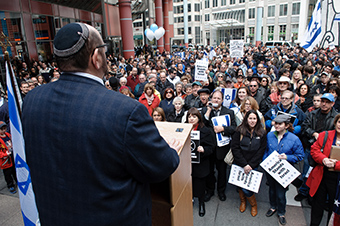
Photo credit: Robert Kusel
Around 2,000 Chicagoans—and even a few people from out-of-state—gathered at the James R. Thompson Center today to show their solidarity with Israel as it defends its citizens against the terror of Hamas in Gaza.
The Jewish United Fund and JUF's Jewish Community Relations Council (JCRC), in cooperation with the Chicago Board of Rabbis and JUF's Rabbinic Action Committee, sponsored the Rally for Israel, one of many rallies organized in communities around North America this past week. (see photos from the event)
Community members waved Israeli flags and held signs proclaiming "I Stand with Israel," "Israel has the right to defend itself," and "Hamas the Aggressor, Israel the Beacon of Freedom." High school students spontaneously sang, "Am Yisrael Chai" and "Hatikvah," Israel's national anthem, as they waited for the rally to begin. News helicopters hovered overhead as the crowd chanted, "Israel! Israel!"
Cantor Alberto Mizrahi of Anshe Emet Synagogue then opened the rally, singing the National Anthem. David Sherman, JCRC Chairman, welcomed participants (watch a video of Sherman's remarks).
"We have all come together to say with one voice, Am Yisrael Chai—the people of Israel live," Sherman said.
"Let me be clear. Our support and our prayers are focused on Israel. But neither Israel nor we harbor hatred of the Palestinians. The Tribune today described yesterday's rally as 'anti-Israel.' This rally is pro-Israel, not anti-Palestinian."
More than 1,000 rockets have been fired into Israel from Gaza in the past few days, he said. "Millions of Israelis—Jews, Muslims and Christians—are now in harm's way.
"At the root of Hamas rockets is hatred and their belief that through terror they can deny the Jewish people a peaceful life in our homeland," Sherman said. "Hatred is the root, but fueling, funding and arming that hatred is Iran…As Israel fights for peace for its citizens, the world dare not lose sight of Iran's march toward a nuclear weapon. A nuclear Iran threatens the entire world, not just Israel."
Rabbi Sidney Helbraun of Temple Beth-El and co-chair of JUF's Rabbinic Action Committee, talked about his visit to Israel during the second intifada in the early 2000s. Twice during the trip, there were bombings in places he had been. "I felt as though I was being hunted…Everywhere I was going seemed to be blowing up behind me.
"Today, some 4 million Israelis are living with the sound of sirens," Helbraun said. "We pray not for victory, but for peace."
Rev. Chris Harris of Bright Start Church said Jews stood with African Americans during the civil rights movement. "Just as you stood with us…in this challenging time, we will not fail to stand with you as well," he said.
Elected officials express solidarity
Andy Hochberg, Chair of the JUF Government Affairs Committee, acknowledged public officials in attendance: State Sen. Ira Silverstein, State Rep. Sara Feigenholtz, State Rep. Robyn Gabel, City Treasurer Stephanie Neely, Ald. Ed Burke, Ald. Debra Silverstein and Ald. Michelle Smith, as well as letters of support from Sen. Mark Kirk, Gov. Pat Quinn, Rep. Bob Dold and Speaker of the Illinois House Michael Madigan. (read their letters)
Chicago Mayor Rahm Emanuel sent in a statement of support that was read at the rally: "There is no country on Earth that would tolerate missiles raining down on its citizens from outside its borders. So we are fully supportive of Israel's right to defend itself," his statement said.
A number of other officials expressed their solidarity with Israel:
Congresswoman Jan Schakowsky, said, "We stand with the men, women and children in southern Israel who have 15 seconds to find shelter." (watch her full remarks)
Congressman Mike Quigley said, "We are united by so many things. Israel and the U.S. are the greatest of allies and the greatest of friends." (see his full remarks)
Congressman Bill Foster talked about his visit to Sderot during a JUF mission. "We saw children playing in a playground (that was) a shielded, missile proof bomb shelter.
"Nobody should have to raise their children like that. Today, the message is simple: the U.S. stands with Israel."
Congressman-elect Brad Schneider said, "This situation is unacceptable. Like many of you, I have friends and relatives living in Israel, serving in the IDF and wondering what's next."
State Comptroller Judy Baar Topinka captured the sentiment of the crowd: "I'm tired of Israel getting rocketed and bombed and picked on," she said. "Let's get it straight. Israel has the right to exist. Israel has the right to defend itself.
"It's my honor to stand with you today," she said.
Roey Gilad, Consul General of Israel to the Midwest, said, "You have no idea how proud I am currently [of the rally]. Enough is enough. Since we pulled back from Gaza…we have hardly had a day without rockets.
"Our brothers and sisters are not the only ones suffering…Hamas is an organization who is committed officially for the destruction of Israel.
"To this we have one simple answer: we are not going anywhere. We are still willing to extend our hand and try to live in peace with you." (see his full remarks)
Israel has continued to supply Gaza with necessities like food, water and electricity during the conflict, as well as transport sick and injured residents into Israel for treatment.
Two of JUF's top leaders will return from Israel Nov. 21 after traveling there to assess the situation and show Chicago's solidarity with the Israeli people at a time of great threat.
David T. Brown, chairman, and Steven B. Nasatir, president, toured endangered areas of the country and met with key government and civil officials. JUF had immediately advanced $1 million in emergency assistance to its partner agencies in Israel to provide critical humanitarian aid to those impacted most by the ongoing terror attacks.
Rabbi Carl Wolkin, Congregation Beth Shalom, and President of the Chicago Board of Rabbis, suggested ways Chicagoans can take action during this time of crisis:
Give to the JUF Israel Terror Relief Fund;
Read and watch all news channels—including those with Israeli perspectives;
Write to family and friends in Israel so they feel supported;
Don't cancel trips to Israel;
Buy products made in Israel;
Pray; and "Stay with it. This crisis will be ongoing. Don't let your support waver," Wolkin said.
For current updates and to contribute to JUF's Israel Terror Relief Fund, visit http://www.juf.org/help_israel
Showing their support
Marissa Steinhofer came from Milwaukee to join her friend, Lauren Sandoval of Chicago, "to express support for Israel."
Joceb Dnamar, Aurora, attended the rally "because I'm Jewish. A friend of mine called me yesterday to tell me about it." His friend, Noussy Nathan, also of Aurora, learned about the rally through email messages. "I've got a lot of family there," he said, noting that his family members are safe in Jerusalem and Tel Aviv. "But, it's been pretty scary the last few days."
Laurie K., Highland Park, attended the event "because I strongly support Israel and I think what Hamas is going on the Gaza strip is terrible."
Victoria Kofman, Buffalo Grove, lives in Israel during part of the year and has relatives there. "A bomb came close to their house. They all are OK," she said. "They could see it went through (the neighbor's) roof."


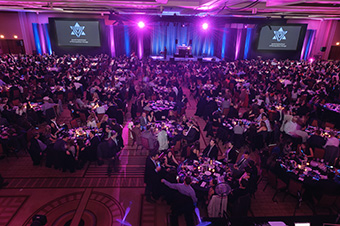
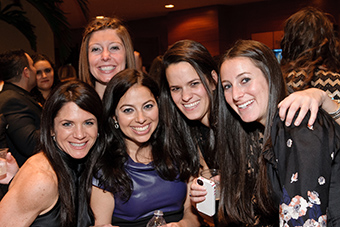
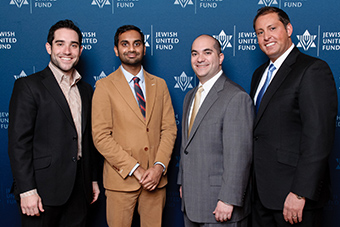
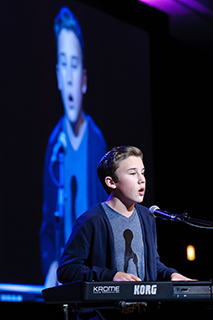
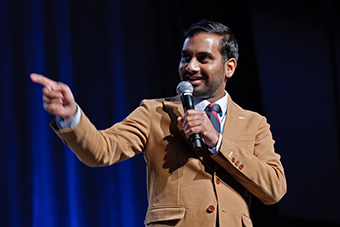
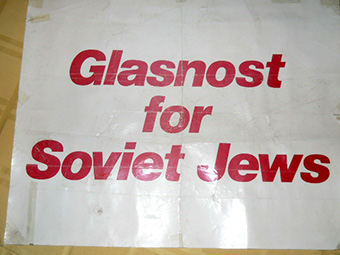
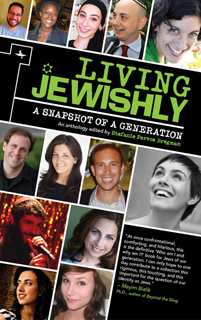

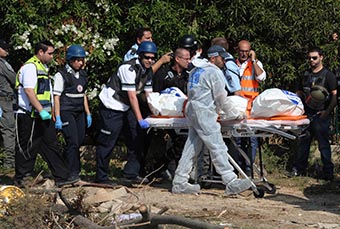
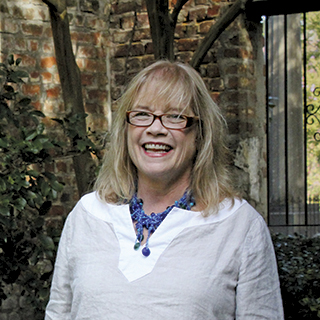
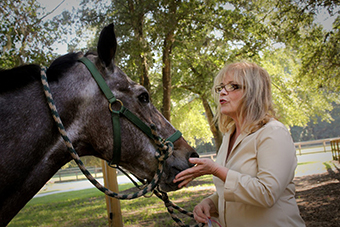
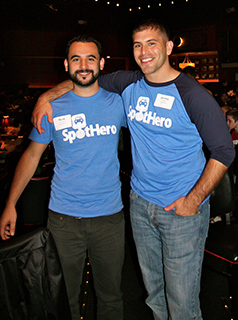

.jpeg)
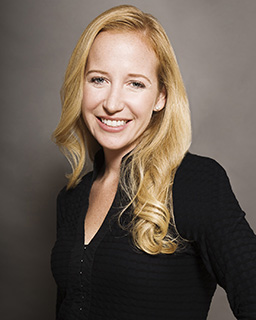
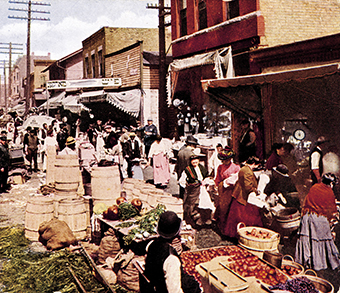

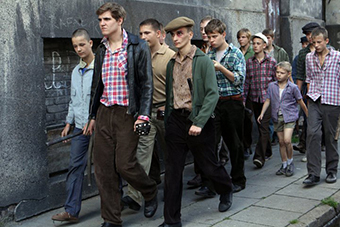
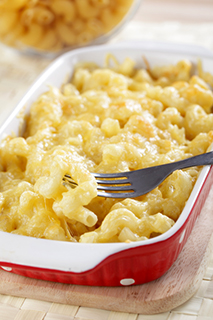
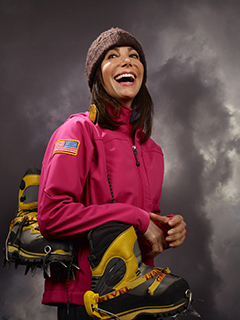
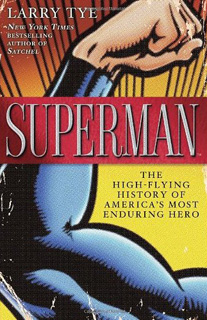
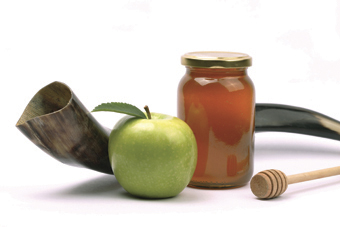


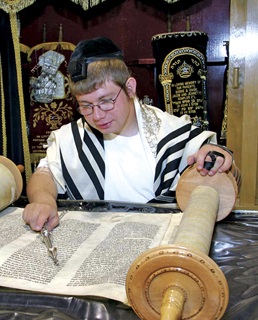
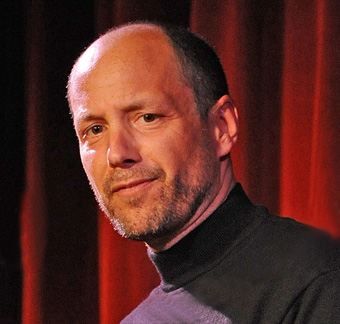


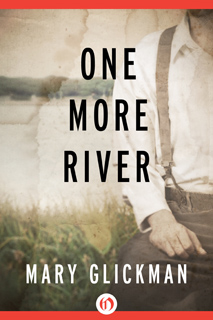
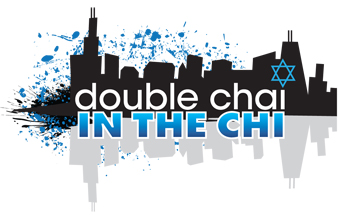

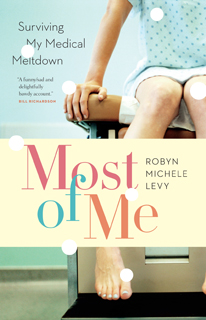
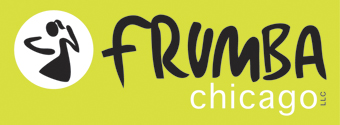
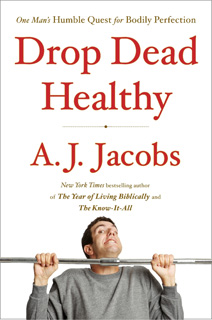
.jpg)
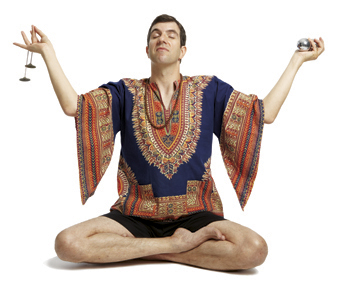

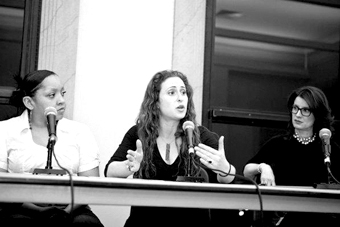
.bmp)

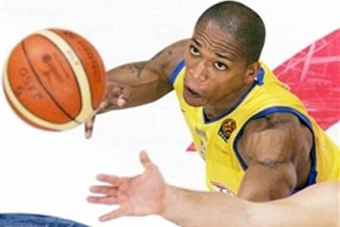
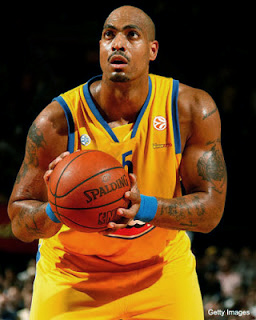
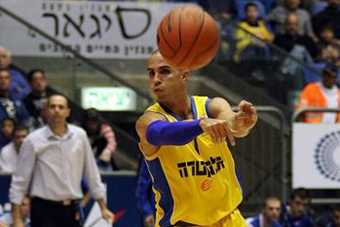
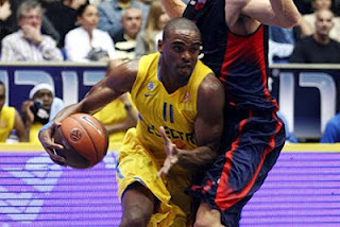

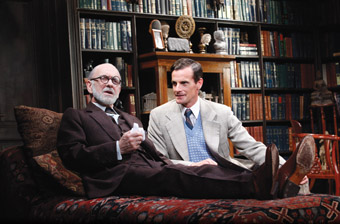
.jpg)
.jpg)
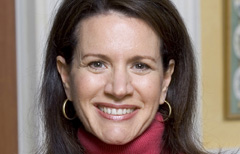
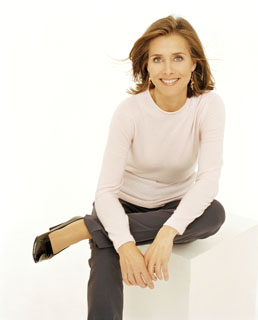
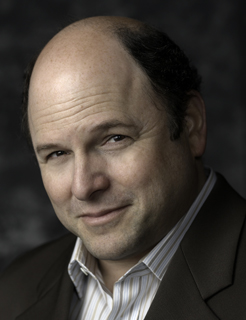

.jpg)
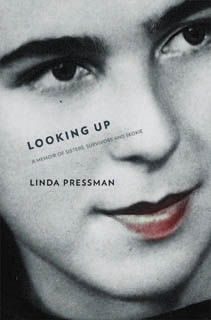
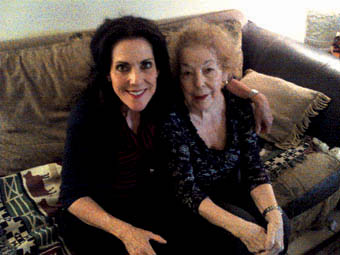
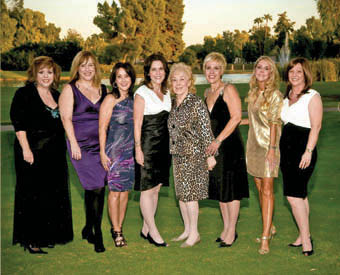


.jpg)
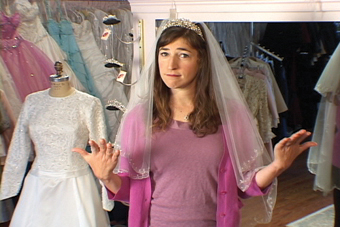
.jpg)
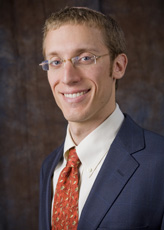
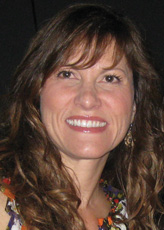

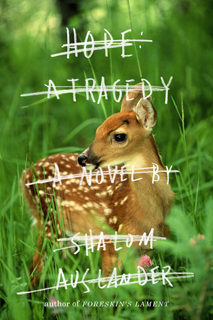
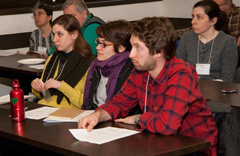

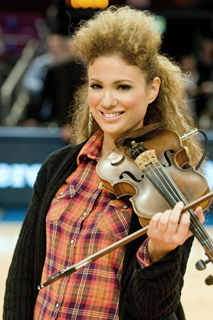
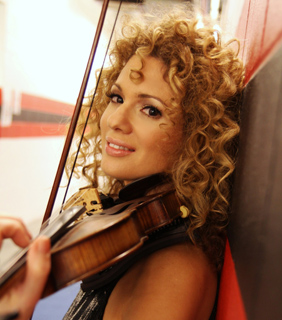

.jpg)


.jpg)



